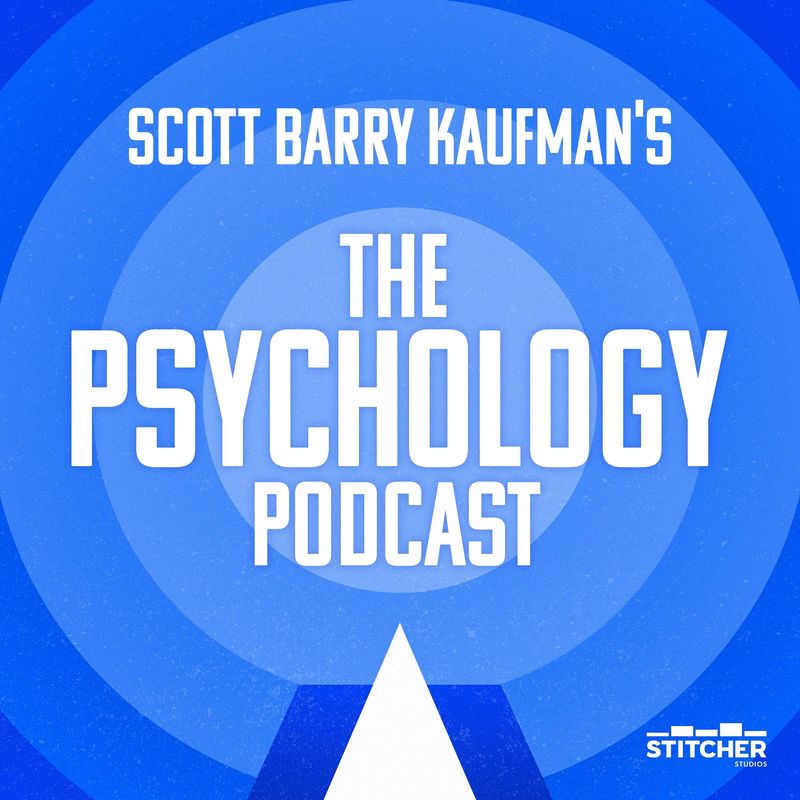
This episode currently has no reviews.
Submit Review- Podcast |
- The Psychology Podcast
- Media Type |
- audio
- Podknife tags |
- Creativity,
- Health,
- Interview,
- Psychology,
- Science & Medicine,
- Self-Help,
- Social Sciences
- Publication Date |
- Feb 27, 2020
- Episode Duration |
- 00:53:11
Today it’s really great to have Nir Eyal on the podcast. Nir is formerly a Lecturer in Marketing at Stanford’s Graduate School of Business and also taught at the Hasso Plattner Institute of Design. His first book, Hooked: How to Build Habit-Forming Products, was an international bestseller. His current book, Indistractable: How to Control Your Attention and Choose Your Life, reveals the Achilles’ heel of distraction and provides a guidebook for getting the best of technology without letting it get the best of us. Nir blogs at: NirAndFar.com
In this episode we discuss:
- The one superpower that Nir would want
- The root cause of distraction
- What really motivates us
- How distraction starts from within
- How time management is pain management
- What is the role of boredom in distractibility?
- How to raise indistractible kids
- How to remove the external trigger of kids
- The critical question that people should ask
- How can you prevent distraction with pacts?
- How we can use precommitments to keep ourselves focused
- How people overuse of the word “addiction”
- The stigmatization of ADHD
- Treating a kid’s use of technology the same way we think of a swimming pool
- How children are “hypocrisy detection devices”
- The importance of setting a good example for children
- Self-determination theory and the rise of cell phone use
- Can too much concentration, and too little daydreaming, be a bad thing?
Support this podcast: https://anchor.fm/the-psychology-podcast/support
Today it’s really great to have Nir Eyal on the podcast. Nir is formerly a Lecturer in Marketing at Stanford’s Graduate School of Business and also taught at the Hasso Plattner Institute of Design. His first book, Hooked: How to Build Habit-Forming Products, was an international bestseller. His current book, Indistractable: How to Control Your Attention and Choose Your Life, reveals the Achilles’ heel of distraction and provides a guidebook for getting the best of technology without letting it get the best of us. Nir blogs at: NirAndFar.com
In this episode we discuss:
- The one superpower that Nir would want
- The root cause of distraction
- What really motivates us
- How distraction starts from within
- How time management is pain management
- What is the role of boredom in distractibility?
- How to raise indistractible kids
- How to remove the external trigger of kids
- The critical question that people should ask
- How can you prevent distraction with pacts?
- How we can use precommitments to keep ourselves focused
- How people overuse of the word “addiction”
- The stigmatization of ADHD
- Treating a kid’s use of technology the same way we think of a swimming pool
- How children are “hypocrisy detection devices”
- The importance of setting a good example for children
- Self-determination theory and the rise of cell phone use
- Can too much concentration, and too little daydreaming, be a bad thing?
Support this podcast: https://anchor.fm/the-psychology-podcast/support
This episode currently has no reviews.
Submit ReviewThis episode could use a review! Have anything to say about it? Share your thoughts using the button below.
Submit Review